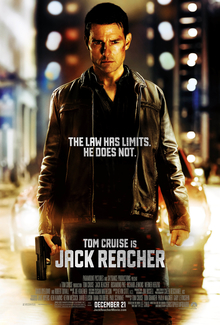

Werner Herzog is a German film director, screenwriter, producer, and actor, known for his distinct and often unconventional approach to filmmaking. He was born on September 5, 1942, in Munich, Germany.
Herzog’s filmmaking style is characterized by its exploration of human nature, existential themes, and the relationship between humans and nature. He has directed numerous acclaimed films, both fiction and documentary, and is regarded as one of the most influential figures in German New Wave cinema and world cinema in general.
Some of Herzog’s notable films include “Aguirre, the Wrath of God” (1972), “Fitzcarraldo” (1982), “Nosferatu the Vampyre” (1979), “Grizzly Man” (2005), and “Encounters at the End of the World” (2007). His films often feature intense performances, poetic storytelling, and breathtaking cinematography, capturing the essence of the human experience and pushing the boundaries of traditional filmmaking.
In addition to his work as a director, Herzog has also ventured into acting, appearing in films such as “Jack Reacher” (2012) and “The Mandalorian” (2019). His distinctive voice and presence have become part of his artistic persona.
Herzog’s contributions to cinema have been widely recognized and honored. He has received numerous awards throughout his career, including the prestigious Silver Bear at the Berlin International Film Festival and the Lifetime Achievement Award from the American Academy of Arts and Letters.
Beyond his filmmaking, Herzog is known for his philosophical insights and outspoken nature. His interviews and lectures often provide unique perspectives on art, culture, and the human condition.
Werner Herzog’s body of work reflects a singular artistic vision and a deep exploration of the human spirit. His films continue to captivate audiences with their beauty, thought-provoking themes, and uncompromising vision.